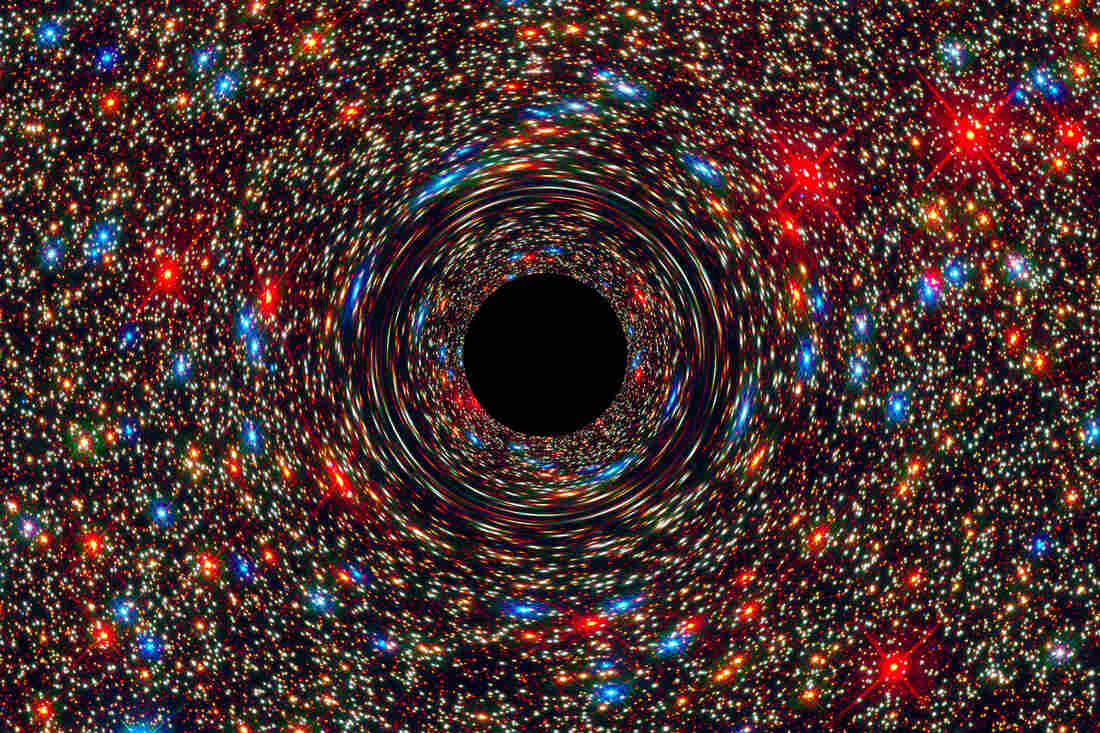The NY Times
theory:
Misconception: It’s just a theory.
Actually: Theories are neither hunches nor guesses. They are the crown jewels of science.
One day, it’s Megyn Kelly who has a theory about why Donald J. Trump hates her.
Another day, the newly released trailer for the next Star Wars movie inspires a million theories from fans about who Rey’s parents are.
And on Twitter, someone going by the name of Mothra P.I. has a theory about how cats can assume a new state of matter: I have a theory, that cats are actually in a liquid state some of the time, as demonstrated here... pic.twitter.com/qz8x2laXWc
— Mothra P.I. (@Hardywolf359) April 2, 2016
In everyday conversation, we tend to use the word “theory” to mean a hunch, an idle speculation, or a crackpot notion.
That’s not what “theory” means to scientists.
“In science, the word theory isn’t applied lightly,” Kenneth R. Miller, a cell biologist at Brown University, said. “It doesn’t mean a hunch or a guess. A theory is a system of explanations that ties together a whole bunch of facts. It not only explains those facts, but predicts what you ought to find from other observations and experiments.”
In my experience, physicists use the word "theory" quite lightly, and call things theories when there is not a shred of evidence.
Scientists use the term just like the general public.
Neither use the word to mean a "hunch". In the above layman examples, a theory is not a hunch.
I might say: I have a theory for how Trump might win the nomination. That means I have some plausible scenario for how it might happen, but not that I necessarily believe it.
I might say: Feynman had a theory that there is only one electron in the universe, going forward and backward in time. Again, this is not a hunch, but a possible way of thinking about matter that might be a consistent alternative.
I might say: I have a theory that Hillary Clinton takes orders from Wall Street bankers. Again, I don't necessarily believe it, but I will be on the lookout for when she acts against the interests of those bankers, to see whether this is a useful model of her policies. It could be a useful model, even if she never talks to bankers.
I might say: Some physicists have a theory that we live in a simulation. This doesn't tie together any facts, or explain facts, or predict anything. It is just a stupid thought experiment.
I might say: Lisa Randall has a theory that dark matter wiped out the dinosaurs. That offers an explanation, but the evidence is so weak that I am not even sure that she believes it herself.
To indicate that something is a crackpot notion, sometimes people use the term "conspiracy theory". For example, someone might say that there is a conspiracy theory that physicists are promoting super-powerful RSA-breaking quantum computers as the inevitable consequence of proven quantum mechanics. I do not really agree with that usage, because it puts the emphasis on the secret agreement to deceive, and there may not be one.
It makes more sense to say that there is a conspiracy theory that the Moon landing was faked. Such fakery would have required a massive secret agreement. It is the conspiracy allegation that makes it a crackpot notion, not saying that it is a theory.
Dr. Miller is one of the few scientists to have explained the nature of theories on a witness stand under oath.
He is a co-author of a high school biology textbook that puts a strong emphasis on the theory of evolution. In 2002, the board of education in Cobb County, Ga., adopted the textbook but also required science teachers to put a warning sticker inside the cover of every copy.
“Evolution is a theory, not a fact, regarding the origin of living things,” the sticker read, in part.
In 2004, several Cobb County parents filed a lawsuit against the county board of education to have the stickers removed. They called Dr. Miller, who testified for about two hours, explaining, among other things, the strength of evidence for the theory of evolution.
What the article does not explain is that appeal threw out the lawsuit, and rejected Miller's supposedly expert testimony. Here is the
appeals ruling:
The court did rule that Dr. Kenneth Miller, co-author of Biology, would be permitted to testify for the plaintiffs, but only as a fact witness not as an expert. ...
(15) Dr. Miller testified about what the order describes as "the colloquial or popular understanding of the term [theory]." Does he have any qualifications to testify as an expert on the popular meaning of the word "theory"?
So while Miller did offer an explanation of the meaning of the term "theory", that testimony was explicitly rejected by the trial and appeals courts.
I don't know why evolutionists are so insecure about evolution being a theory, or why they are always lecturing us about a definition. They say we have a misconception, but they are refuted by their own examples.
Evolution is an unbrella term that include various concepts, ranging from the trivially obvious to wild speculation. Apparently the leaders in the field are trying to trick us into accepting all of it by telling us that it is a theory so it must be true.


